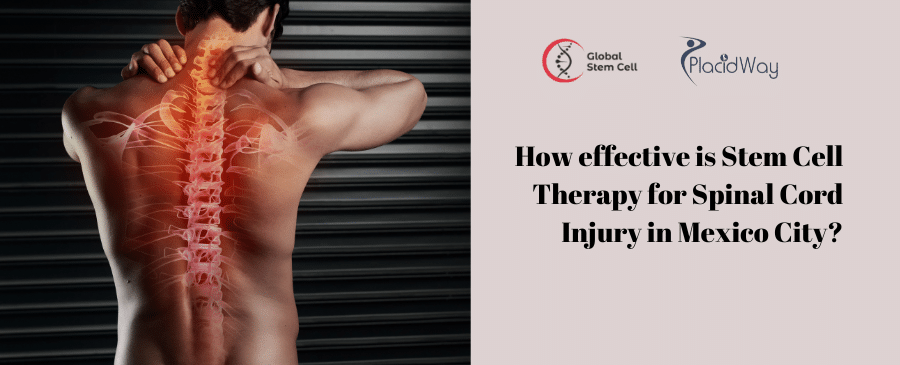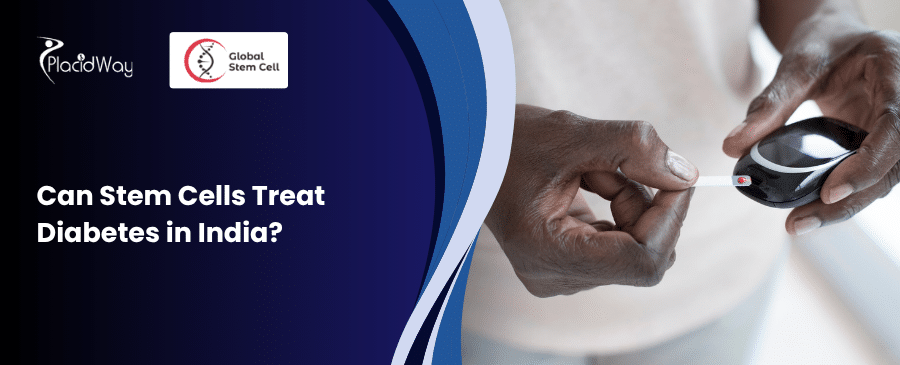
CAR-T cell therapy is a special treatment for some types of cancer that has shown amazing results. In China, this treatment is becoming very important, with many hospitals offering it.
This guide will help you understand more about CAR-T cell therapy and find the best hospitals in China that provide this treatment. Let’s dive in and explore how CAR-T cell therapy is changing the way we fight cancer.
Who is a candidate for CAR-T therapy?
Candidates for CAR-T therapy typically have certain characteristics:
- Diagnosis: They have a specific type of cancer that has relapsed or is refractory (not responding) to standard treatments such as chemotherapy or stem cell transplant.
- Biomarker expression: The cancer cells express a specific biomarker, such as CD19 for B-cell malignancies, which can be targeted by CAR-T cells.
- Good general health: Candidates should generally be in good health aside from their cancer and able to withstand the potential side effects of CAR-T therapy.
- Adequate organ function: They should have adequate function of vital organs such as the heart, lungs, liver, and kidneys to undergo the treatment safely.
- Ability to undergo leukapheresis: Patients need to have sufficient white blood cell counts and be able to undergo leukapheresis to collect T cells for CAR-T cell manufacturing.
Top Hospitals for CAR-T Cell Therapy in China
In the rapidly advancing field of CAR-T cell therapy, China has emerged as a leading destination for innovative treatments. Among the top hospitals offering CAR-T cell therapy in China, two institutions stand out for their expertise and dedication to providing cutting-edge care:
Beijing Biococus Biotech Limited
- Located in the bustling capital city of Beijing, Biococus Biotech Hospital is renowned for its pioneering work in CAR-T cell therapy.
- The hospital boasts state-of-the-art facilities and a team of highly skilled medical professionals specializing in immunotherapy and oncology.
- Patients at Beijing Biococus Biotech limited can expect personalized treatment plans tailored to their specific needs, ensuring the best possible outcomes.
- With a commitment to advancing research and clinical practice, the hospital continues to make significant contributions to the field of CAR-T cell therapy.
Beijing Puhua International Hospital
- As a leading international medical center in Beijing, Puhua International Hospital is recognized for its comprehensive approach to cancer care, including CAR-T cell therapy.
- The hospital’s team of experienced oncologists and immunotherapy specialists are dedicated to providing high-quality, patient-centered care.
- Puhua International Hospital offers a range of advanced treatment options, including CAR-T cell therapy, to effectively target and treat various types of cancer.
- With a focus on innovation and excellence, the hospital remains at the forefront of medical advancements, continuously improving treatment outcomes for cancer patients.
Criteria for Selecting the Best Hospitals
When considering hospitals for CAR-T cell therapy, several important factors should be taken into account to ensure the highest quality of care and the best possible outcomes. Here are some key criteria to consider:
Expertise and Experience of Medical Staff:
Evaluate the hospital’s team of medical professionals, including oncologists, hematologists, and immunotherapy specialists.
Look for hospitals with experienced and knowledgeable staff who specialize in CAR-T cell therapy and have a track record of successful treatments.
Hospital Accreditation and Reputation:
Check if the hospital is accredited by reputable organizations and regulatory bodies.
Research the hospital’s reputation in the medical community and among former patients to gauge the quality of care and patient satisfaction.
Success Rates and Patient Outcomes:
Inquire about the hospital’s success rates with CAR-T cell therapy and specific cancer types.
Request information on patient outcomes, including survival rates, response rates, and quality of life improvements post-treatment.
Availability of Clinical Trials and Innovative Treatments:
Determine if the hospital offers access to clinical trials and experimental treatments for CAR-T cell therapy.
Consider hospitals that are at the forefront of research and innovation, offering the latest advancements in cancer treatment.
Facilities and Infrastructure:
Assess the hospital’s facilities and infrastructure, including the availability of specialized equipment and resources for CAR-T cell therapy.
Look for hospitals with modern, well-equipped facilities that prioritize patient comfort and safety.
China’s Role in CAR-T Cell Therapy
China plays a significant role in CAR-T cell therapy development, research, and clinical implementation. Here are some aspects of China’s role in CAR-T cell therapy:
- Research and Development: China has active research and development efforts in CAR-T cell therapy, with academic institutions, biotechnology companies, and hospitals contributing to advancements in the field. Researchers in China are involved in studying novel CAR designs, optimizing manufacturing processes, and exploring combination therapies to enhance CAR-T efficacy.
- Clinical Trials: China is a hub for CAR-T cell therapy clinical trials, offering access to a diverse patient population and facilitating large-scale studies. Clinical trials in China investigate the safety and efficacy of CAR-T cell therapies across various cancer types, including hematologic malignancies and solid tumors.
- Commercialization and Production: Chinese biopharmaceutical companies are involved in commercializing CAR-T cell therapies for domestic and international markets. These companies engage in the production, manufacturing, and distribution of CAR-T products, contributing to the accessibility of these therapies for patients.
- Regulatory Environment: China’s regulatory authorities, such as the National Medical Products Administration (NMPA), play a crucial role in overseeing the development, approval, and commercialization of CAR-T cell therapies. Regulatory frameworks in China aim to ensure the safety, quality, and efficacy of CAR-T products while facilitating timely access for patients.
- Cost-Effectiveness: China’s healthcare system, with its lower costs compared to Western countries, has made CAR-T cell therapy more accessible to patients in China and other parts of the world. The relatively lower cost of CAR-T cell therapy in China has attracted international patients seeking treatment options.
- Global Collaboration: Chinese researchers, clinicians, and industry stakeholders collaborate with international partners to advance CAR-T cell therapy research and development. Collaborative efforts involve sharing scientific knowledge, conducting joint clinical trials, and fostering innovation in CAR-T technology.
Ready to explore your options for CAR-T cell therapy in China? Contact us today to connect with leading hospitals and embark on your journey towards advanced cancer treatment and improved health.





